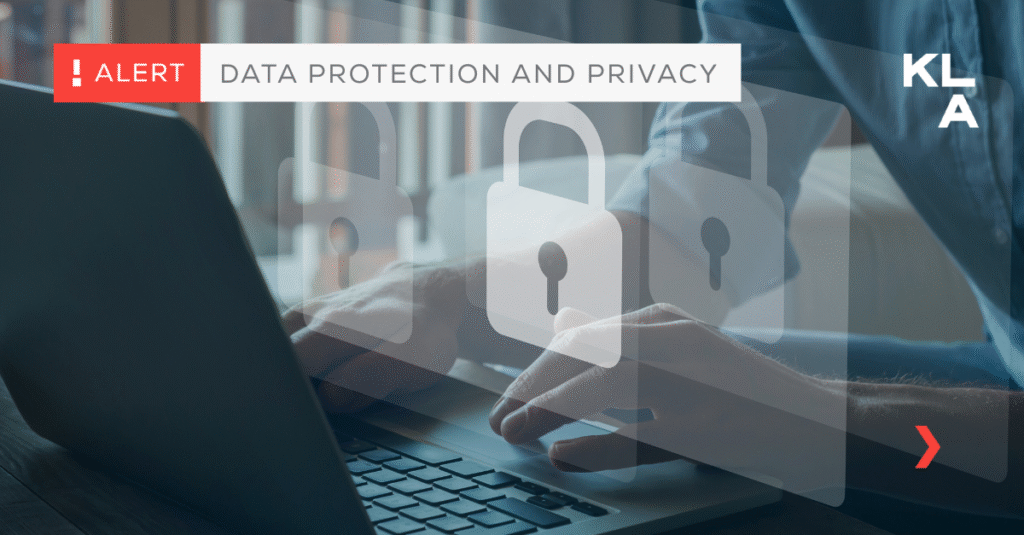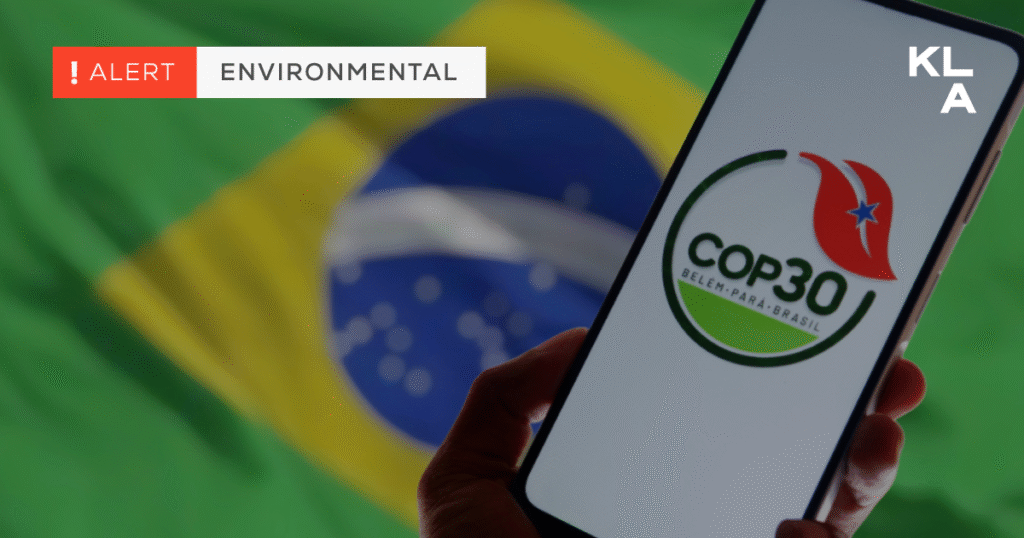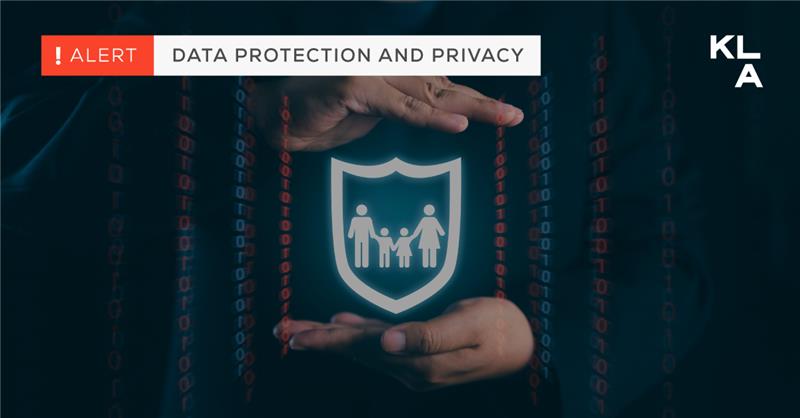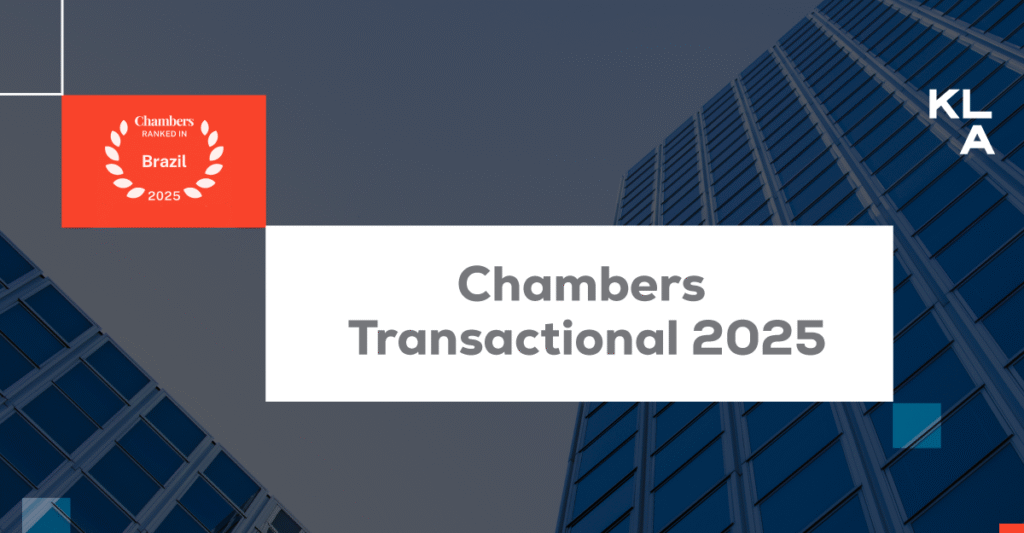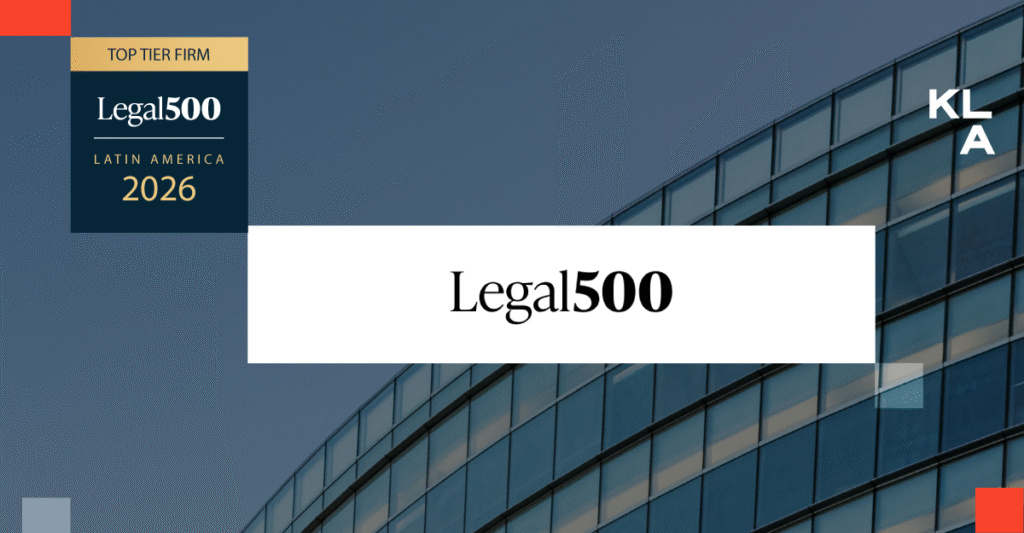Reverse logistics goes far beyond simply disposing of products after use. It encompasses a series of actions aimed at optimizing the entire product life cycle, including reducing raw material consumption, especially for packaging.
According to Brazilian legislation, reverse logistics is defined as the set of activities and processes aimed at collecting, transporting, and properly disposing of products and materials after consumer use, with the goal of reusing, recycling, or disposing of them in an environmentally friendly way.
Main Types of Reverse Logistics:
- Post-Consumer Reverse Logistics: Involves collecting products after they are used by the final consumer, such as electronics, batteries, tires, and packaging. The main environmental impact is reducing waste sent to landfills and alleviating pressure on natural resources through recycling or reuse.
- Post-Sales Reverse Logistics: Deals with product returns due to defects, exchanges, or customer remorse. While it doesn’t have a direct environmental impact like post-consumer logistics, it contributes to customer satisfaction and supply chain optimization.
- Post-Industrial Reverse Logistics: Involves collecting materials from manufacturing processes, such as production waste and industrial packaging, reducing waste, and optimizing resource use within companies.
Brazilian Overview:
The National Policy on Solid Waste (PNRS), established by Law No. 12.305/2010, mandates that companies directly or indirectly involved in the generation of solid waste are responsible for proper management.
This law promotes integrated management between federal, public, and private entities to ensure proper waste disposal. The PNRS includes the Reverse Logistics System, which must be implemented by manufacturers, importers, distributors, retailers, and public waste management services, acknowledging shared responsibility for the product’s life cycle.
Article 3, section XII, of the law defines reverse logistics as “an instrument of economic and social development characterized by a set of actions, procedures, and means aimed at enabling the collection and return of solid waste to the business sector for reuse in its cycle or in other production cycles, or another environmentally appropriate final destination.“
In this regard, the objectives of the Policy include:
- Promote shared product life cycle management.
- Encourage the reuse of waste within or across production chains by collecting products after consumer use.
- Reduce the generation of solid waste.
- Prevent resource exploitation and environmental pollution.
- Promote recycling and the consumption of recycled products.
- Develop packaging that can be reused and recycled.
- Create projects with cooperatives and collectors of reusable and recyclable materials.
Who is Subject to the Law:
According to Article 33, the following sectors are required to establish and implement reverse logistics systems by taking back products after consumer use:
- Agrochemicals, their residues, and packaging.
- Batteries.
- Tires.
- Lubricating oils, their residues, and packaging.
- Fluorescent, sodium vapor, mercury, and mixed light lamps.
- Electronics and their components.
The law also extends this obligation to products sold in plastic, metal, or glass packaging, prioritizing those with the greatest impact on public health and the environment.
How to Implement a Reverse Logistics System:
Responsible parties can implement the system through:
- Purchasing used products or packaging.
- Providing drop-off points for reusable and recyclable waste.
- Collaborating with cooperatives or associations of reusable and recyclable material collectors.
Additionally, Article 34 allows formalizing sector agreements, commitment terms, or adopting public regulations to operate the reverse logistics system. Participants must provide state and municipal authorities with updated information on their actions.
Failure to comply with the law can result in penalties under Law No. 9.605/98 (Environmental Crimes Law).
Beyond Law No. 12.305/2010, the Decree No. 10.936/2022, which regulates the PNRS, and Federal Decree No. 11.413/2023, which deepens the PNRS, are key regulations on this topic. Stay tuned for our next blog post on these decrees!



